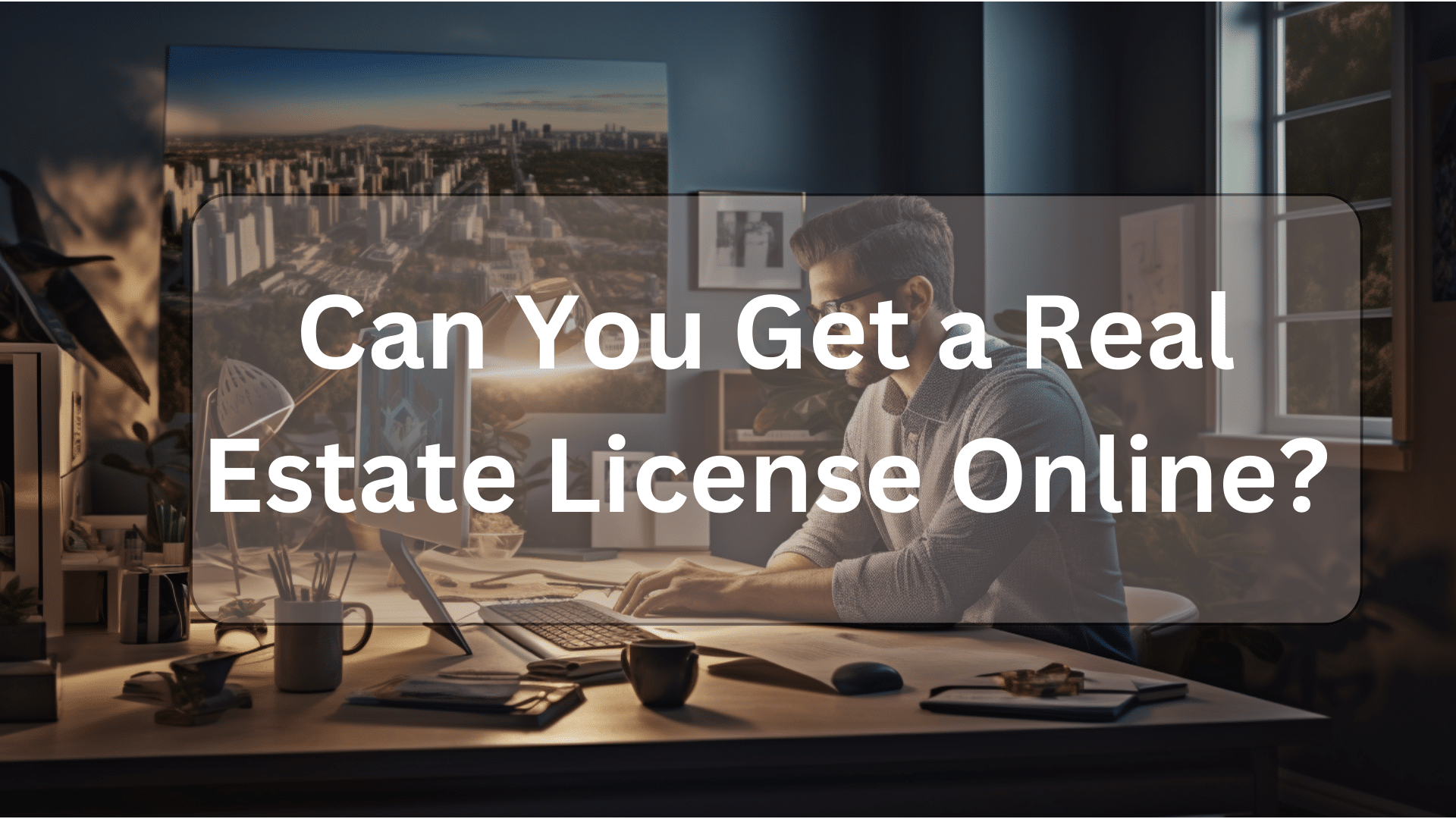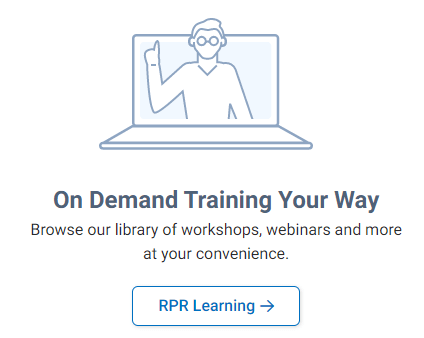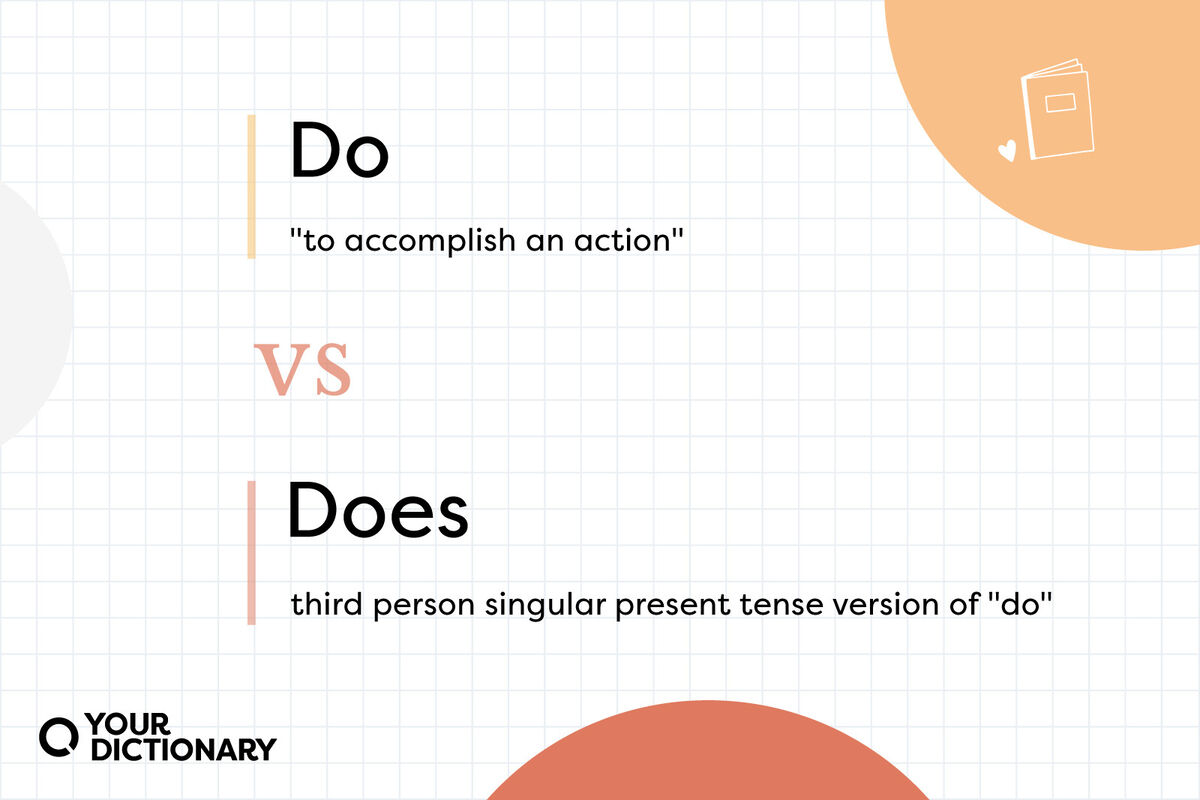Understanding Florida Boater Education Card Validity and Renewal Requirements
Florida Boater Education Card: Lifetime Validity Explained
The
Florida Boater Education Card
is an official document certifying that the holder has successfully completed a state-approved boating safety education course. A common question among new and experienced boaters is:
How often must you renew your Florida Boater Education Card?
The answer is straightforward-
the Florida Boater Education Card does not expire and never needs to be renewed
. Once you have earned your card, its validity is lifetime, meaning there is no legally mandated renewal period or expiration date for compliance purposes
[1]
,
[2]
,
[3]
.

Source: flpstudio.com
Who Needs a Florida Boater Education Card?
Florida law requires that anyone born on or after January 1, 1988, who operates a vessel powered by a motor of 10 horsepower or greater on Florida waters, must complete an approved boating safety course and obtain this card [1] . This requirement is in place to ensure that boaters understand essential safety practices, navigation rules, and state regulations before heading out on the water.
Getting Your Florida Boater Education Card: Step-by-Step Guidance
The process of obtaining a Florida Boater Education Card is designed to be accessible and straightforward. Here is what you need to know:
- Complete an Approved Boating Safety Course: You can take the course online or in a classroom setting. The Florida Fish and Wildlife Conservation Commission (FWC) maintains a list of approved providers. Most courses cover safe operating procedures, navigation markers, emergency protocols, and state-specific laws [1] .
- Pass the Final Exam: The online course typically consists of modules with quizzes and a final exam. You must answer at least 80% of the questions correctly to pass. For example, some providers require answering 48 out of 60 questions correctly [2] .
- Receive a Temporary Certificate: Upon completing the course, you will be issued a temporary certificate that allows you to operate a vessel immediately. This certificate is valid for 90 days while you wait for your official card [4] .
- Get Your Official Card: The course provider typically submits your information to the FWC, which then mails your Boater Education Card within two to three weeks. If your provider does not submit the request, you can contact the FWC directly or submit proof of course completion yourself [1] .
Is Renewal Ever Required?
The Florida Boater Education Card is valid for life . There is no renewal requirement . Once issued, you are not required to update, renew, or pay any recurring fees to maintain your card’s validity. You must, however, carry your card whenever operating a vessel, as enforcement officers may request to see it during inspections [2] , [3] . Other states may have different policies, but Florida’s is clear and unchanging: your card remains effective throughout your lifetime.

Source: image-line.com
Lost or Damaged Card? How to Get a Replacement
If your Florida Boater Education Card is lost, stolen, or damaged, you do
not
need to retake the safety course. Instead, you should:
- Contact the Florida Fish and Wildlife Conservation Commission (FWC) at (850) 488-4676 for assistance.
- Provide identifying information (such as your name and date of birth) and details about your course completion.
- Request a replacement card. The FWC will verify your status in their database and issue a new card as needed [4] .
There may be a nominal fee for replacement, but you do not have to take the course again.
Practical Examples: Real-World Compliance
Example 1: John, born in 1990, completed the online safety course and received his Florida Boater Education Card in 2022. He regularly goes boating and ensures his card is with him. In 2025, he is stopped by an enforcement officer who verifies the card. Since the card does not expire and renewal is never required, John is fully compliant.
Example 2: Maria lost her card during a trip. She contacts the FWC, confirms her details, and receives a replacement card in the mail. She does not need to pay a renewal fee or retake the course.
Potential Challenges and Solutions
While the process is straightforward, boaters may face challenges:
- Lost or Misplaced Card: Always keep a digital copy or photograph of your card as backup. In case of loss, promptly contact the FWC for a replacement.
- Uncertainty About Provider Submission: After completing the safety course, confirm with your provider whether your information was sent to the FWC. If not, obtain your completion certificate and submit the request yourself.
- Operating Without a Card: Never operate a vessel without your card onboard if you are required by law. Penalties may include fines or restrictions.
Alternative Approaches and Additional Resources
While the Florida Boater Education Card is a one-time requirement, boaters may benefit from periodic refresher courses to stay updated on safety practices and regulations. These are optional and not mandated by law. If you are unsure about compliance, visit the official Florida Fish and Wildlife Conservation Commission website or call their office for guidance. For boating in other states, check each state’s regulations, as requirements and renewal policies may differ [5] .
Key Takeaways
The Florida Boater Education Card offers lifetime proof of your boating safety knowledge and never needs to be renewed. Always carry your card when boating, know how to request a replacement if needed, and, for further questions, consult the FWC. Staying informed ensures both compliance and safety for all Florida boaters.
References
- [1] Florida Fish and Wildlife Conservation Commission (2025). Boating Safety Education Identification Card Guidance.
- [2] Ulua.com (2024). How Often Must You Renew Your Florida Boater Education Card?
- [3] Answers.com (2024). Renewal Requirements for Boater Education Cards.
- [4] SafeMotorist.com (2025). Florida Boating Safety Course.
- [5] U.S. Coast Guard Boating (2025). State Boating Laws Details.
MORE FROM resultsfordeals.com












